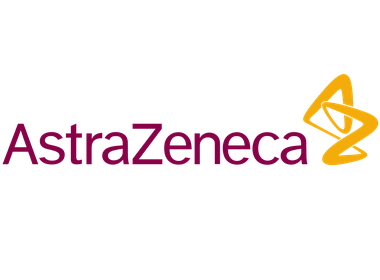
Farxiga granted Breakthrough Therapy Designation in US for chronic kidney disease
AstraZeneca’s Farxiga (dapagliflozin) has been granted Breakthrough Therapy Designation (BTD) in the US for patients with chronic kidney disease (CKD), with and without type-2 diabetes (T2D).
CKD is a serious, progressive condition defined by decreased kidney function and is often associated with an increased risk of heart disease or stroke.1,2,3 In the US, 37 million people are estimated to have CKD.1
The Food and Drug Administration (FDA)’s BTD is designed to accelerate the development and regulatory review of potential new medicines that are intended to treat a serious condition and address a significant unmet medical need. The new medicine needs to have shown encouraging early clinical results that demonstrate substantial improvement on a clinically significant endpoint over available medicines.4
Mene Pangalos, Executive Vice President, BioPharmaceuticals R&D, said: “There is a serious, unmet need for better and earlier treatment options for patients with chronic kidney disease. Following the ground-breaking DAPA-CKD results, the Breakthrough Therapy Designation is further testament to Farxiga’s potential to slow the progression of chronic kidney disease. We look forward to working with the FDA to make Farxiga available to patients as quickly as possible.”
The FDA granted BTD based on clinical evidence from the DAPA-CKD trial. The detailed results presented in August demonstrated that Farxiga on top of standard of care reduced the composite measure of worsening of renal function or risk of cardiovascular (CV) or renal death by 39% compared to placebo (absolute risk reduction [ARR] = 5.3%, p<0.0001) in patients with CKD while also significantly reducing death from any cause by 31% (ARR = 2.1%, p=0.0035) compared to placebo.5
In the US, Farxiga is indicated as an adjunct to diet and exercise to improve glycaemic control in adults with T2D and to reduce the risk of hospitalisation for heart failure (hHF) in patients with T2D and established CV disease or multiple CV risk factors. In May, Farxiga was approved in the US to reduce the risk of CV death and hHF in adults with heart failure (HF) (NYHA class II-IV) with reduced ejection fraction (HFrEF) with and without T2D.